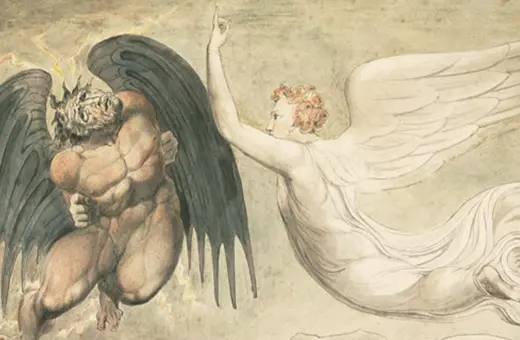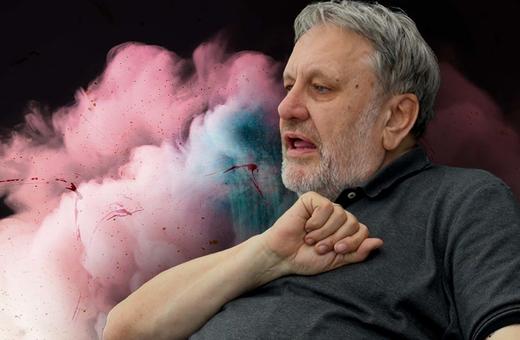Is it right to be happy in a world that’s broken? That’s the question Simone de Beauvoir went to Albert Camus with. Beauvoir was worrying that being focussed on one’s own happiness meant one had to detach themselves from the political reality around them. But as long as our happiness isn’t born out of ignorance or apathy, as long as it’s authentic, even existentialists are allowed to be happy. In fact, they should be. Happiness can be a form of resistance against the injustice and absurdity of life, writes Skye Cleary.
As doom scrolling on social media becomes an addictive daily ritual, it’s all too easy to be overwhelmed with feelings of unhappiness and helplessness. Given the relentless onslaught of pandemics, incessant political buffoonery, climate change, discrimination, exploitation, and generalized torment, in the wise words of Audre Lorde, “what depraved monster could possibly be always happy?”
One defensive mechanism is apathy. There is so much suffering and horrors in the world pushed into our faces every day, that we are lured into developing what existential philosopher Simone de Beauvoir calls a kind of “tetanus of the imagination.” Beauvoir fell into psychological paralysis when she read newspapers reporting on the Algerian War in 1961. For Beauvoir, the collective experience of getting used to atrocities every day is “the final stage of demoralization for a nation.”
___
Camus was disappointed that people felt ashamed of feeling happy and advised Beauvoir, “Happiness exists, and it’s important; why refuse it? You don’t make other people’s unhappiness any worse by accepting it; it even helps you fight for them.”
___
Amidst the awfulness of the world, is it morally wrong to use apathy to eke out small moments of happiness? Is it wrong to celebrate a best friend’s birthday or enjoy a beautiful moonrise while knowing about ever new variants of fascism and COVID-19? In the late 1940s, in the aftermath of World War II, Beauvoir was chatting with her then-friend Albert Camus about happiness. Beauvoir realized that her fixation with happiness had made her oblivious to political realities. Camus saw a way forward. He was disappointed that people felt ashamed of feeling happy and advised Beauvoir, “Happiness exists, and it’s important; why refuse it? You don’t make other people’s unhappiness any worse by accepting it; it even helps you fight for them.”
 SUGGESTED READING
Simone de Beauvoir and the Ethics of Seduction
By Sarah LaChance Adams
If we care about our happiness, we must fight against beasts such as apathy. Sabotaging our own happiness helps no one. And passivity corrupts our lives and deadens our experiences. Wilful ignorance is comforting, but it gives us a false view of our situations. To disregard the real context of our existence is to be what Beauvoir called bad faith, a kind of self-deception that subverts freedom. It’s bad faith to escape our reality and do nothing in the face of injustices. To avoid bad faith and to foster opportunities for authentic happiness, we must project ourselves positively and constructively into life.
SUGGESTED READING
Simone de Beauvoir and the Ethics of Seduction
By Sarah LaChance Adams
If we care about our happiness, we must fight against beasts such as apathy. Sabotaging our own happiness helps no one. And passivity corrupts our lives and deadens our experiences. Wilful ignorance is comforting, but it gives us a false view of our situations. To disregard the real context of our existence is to be what Beauvoir called bad faith, a kind of self-deception that subverts freedom. It’s bad faith to escape our reality and do nothing in the face of injustices. To avoid bad faith and to foster opportunities for authentic happiness, we must project ourselves positively and constructively into life.
___
To be human is to be constantly in tension between attempting to control the world around us and to avoid being crushed by it.
___





















Join the conversation